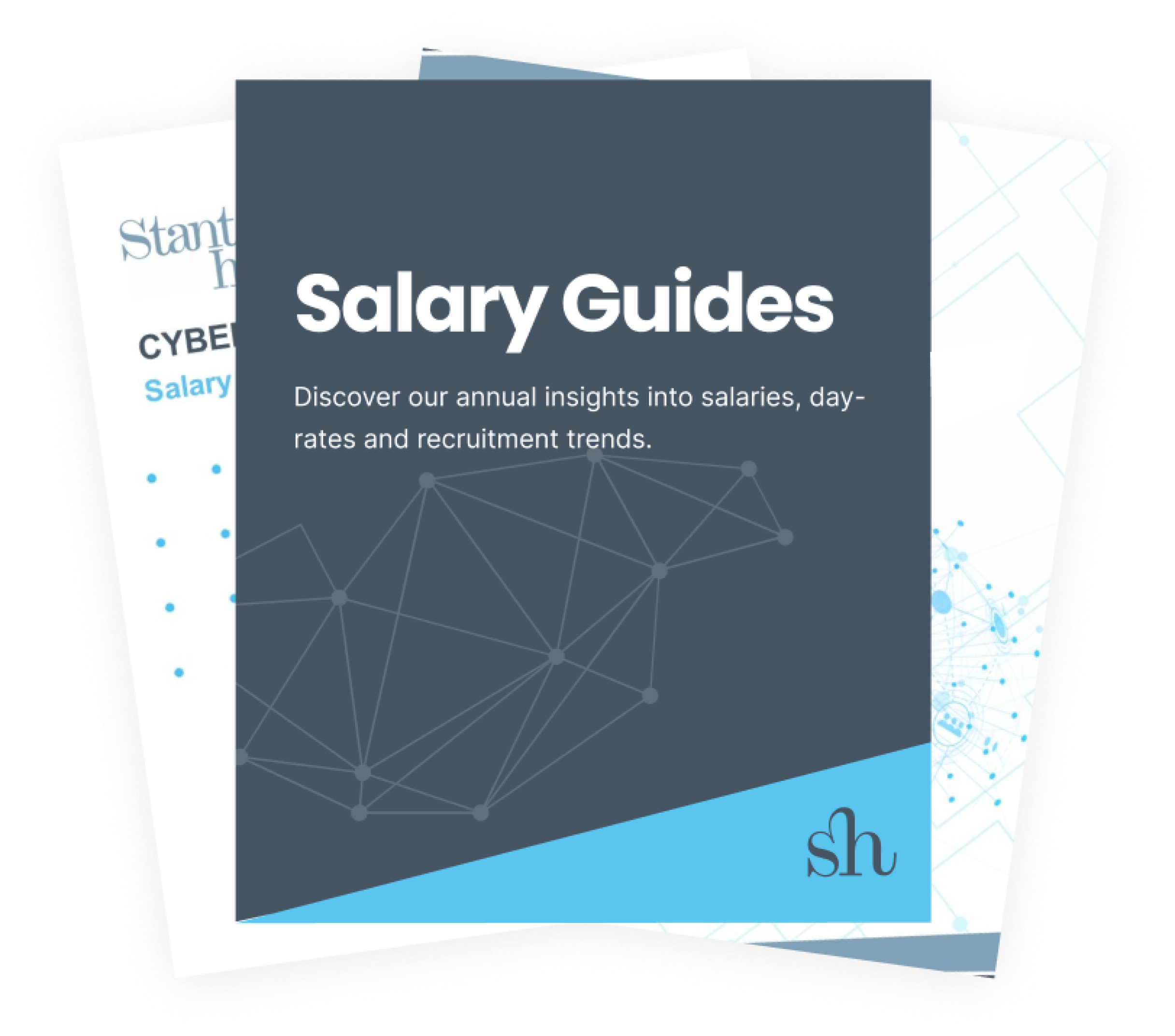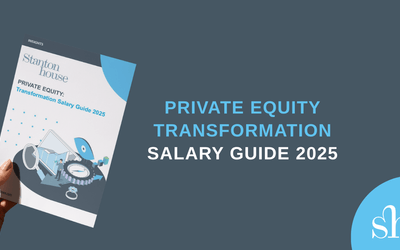
Cost-of-Living Crisis: What Can Finance Leaders Do to Increase Retention?
Stanton House sits down with 11 of the UK’s top Chief Financial Officers to discuss what can be done to alleviate cost-of-living pressures on employees and retain key talent in 2023.
Soaring inflation, increasing energy bills, and rising food costs. There is no doubt that the cost-of-living crisis is having crippling effects on people’s lives up and down the country.
Undoubtedly, job security remains a top priority in these tough times. However, if an employee feels like they are not getting a fair deal, they are going to be far more open to conversations with prospective employers. With inflation at its highest rate in 40 years, many employees are considering leaving their current organisation for better paid opportunities elsewhere. This fact is not lost on business leaders who are scrambling to do all they can to protect and retain the key skills they need in order to grow and succeed this year.
Most (85%) employers agree that they must support their employees as the cost-of-living rises, however, recent research revealed only 5% of employees believe that their employer is doing enough to support them through the crisis. Yet it’s not all smooth sailing for employers either; with businesses also feeling the pinch, they are assessing where to invest their precious resources. The pandemic proved how vital it is to manage cash flow and those skills are coming into full force again, as all organisations recognise that managing cash flow effectively is paramount to success.
Many employers have decided to step in to help workers with the rising cost-of-living, with some firms offering a one-off bonus or other assistance ranging from improved employee discounts to free food.
To get a real insight into this topic we hosted a virtual roundtable where we invited a small group of top finance leaders, operating in different industry sectors, to share their lived experience.
In this article, we explore some of the key ideas raised from our roundtable discussion and showcase a range of solutions being deployed in businesses all over the country, to help you make the right cost-of-living call for your organisation. Throughout, it is important to keep in mind that all our participants agreed that:
“There is no one size fits all approach when it comes to assessing how to ease the cost-of-living burden on your workforce.” CFO, Retail Company
Emphasising wider benefits for employees
For most, this will be the perfect starting point when assessing what type of relief, you would like to offer your employees. Start by analysing what you already offer and try to highlight these to your workforce.
Often, employees just don’t know what the full range of benefits and perks offered are. They may have been communicated when they first joined, and perhaps once or twice since, but they may now be forgotten about. It is also quite possible, that they naturally put that information to one side if those specific benefits didn’t apply to their life stage at that time.
Address any knowledge gaps by recommunicating all the financial benefits offered. Find new ways to display and convey information. FAQ sheets, light-hearted internal competitions, face-to-face workshops, or simple infographics can really help to summarise any multifaceted financial benefits. Pushing complex information out on the intranet or internal newsletter is not enough.
Amongst the 11 CFOs on our panel, the most popular benefits used to ease the burden of the cost-of-living crisis were:
- Discount portals
- Free breakfasts
- Trading holidays
- Salary sacrifice schemes
- Hybrid working
These benefits are of a comparatively lower cost to deploy than one-off payments and are also already built into most organisations' benefit package schemes, so they are a quick, pain-free fix which just needs communication.
Focusing on employee feedback
The key to retention in these trying times lies in fully understanding why your employees might want to leave in the first place. To do so, it is imperative to collect and analyse regular and continuous employee feedback, rather than only doing this once a year, so that issues are caught and dealt with early on. One tool which our CFOs recommended is Office Vibe, which allows you to send short sharp surveys which measure key indicators such as relationships with managers, peers and wellness, amongst others, on a fortnightly basis. This creates a forum for managers to identify areas which need work and act on these quickly before there is an opportunity for things to turn sour.
Our CFOs also had other ideas in response to what they are hearing from their teams. Some are now offering a half-day well-being break every month and they actively encourage their teams to share how they use that time. Others recognised that many are equally motivated by the values of the company they work for. So, doing more to support local communities, making changes to be more sustainable, or increasing diversity was spoken about that can help increase retention.
To conclude, employers need to ensure they are fully listening to what their staff want from their workplace benefits, as well as communicating more effectively about the benefits they already offer. With the cost-of-living crisis showing no signs of slowing down, employers must address this disconnect and help their employees utilise what’s on offer. We'd love to hear your view, please contact us to share your insight or to let us know if you would like to join us for future roundtable discussions.


















